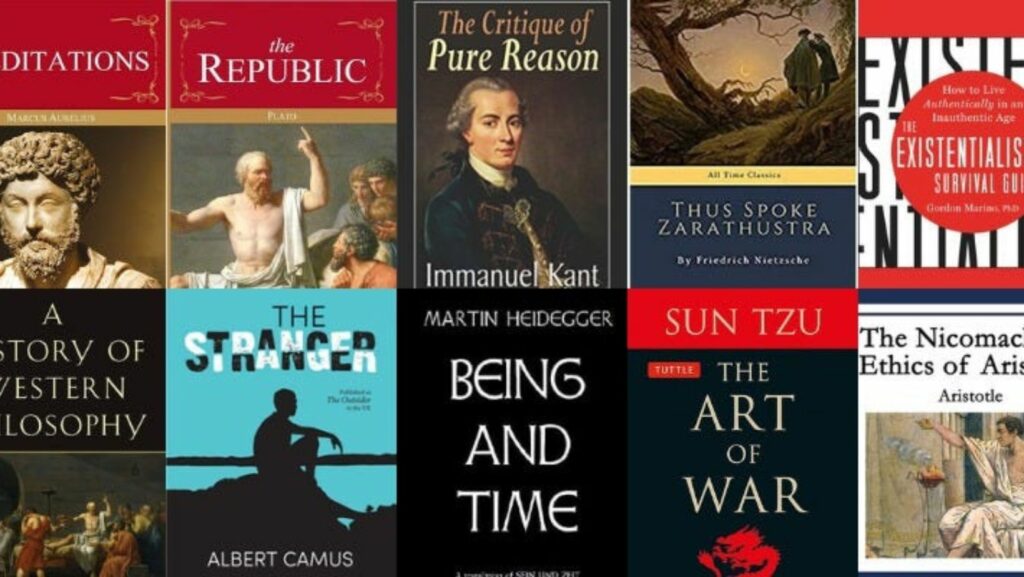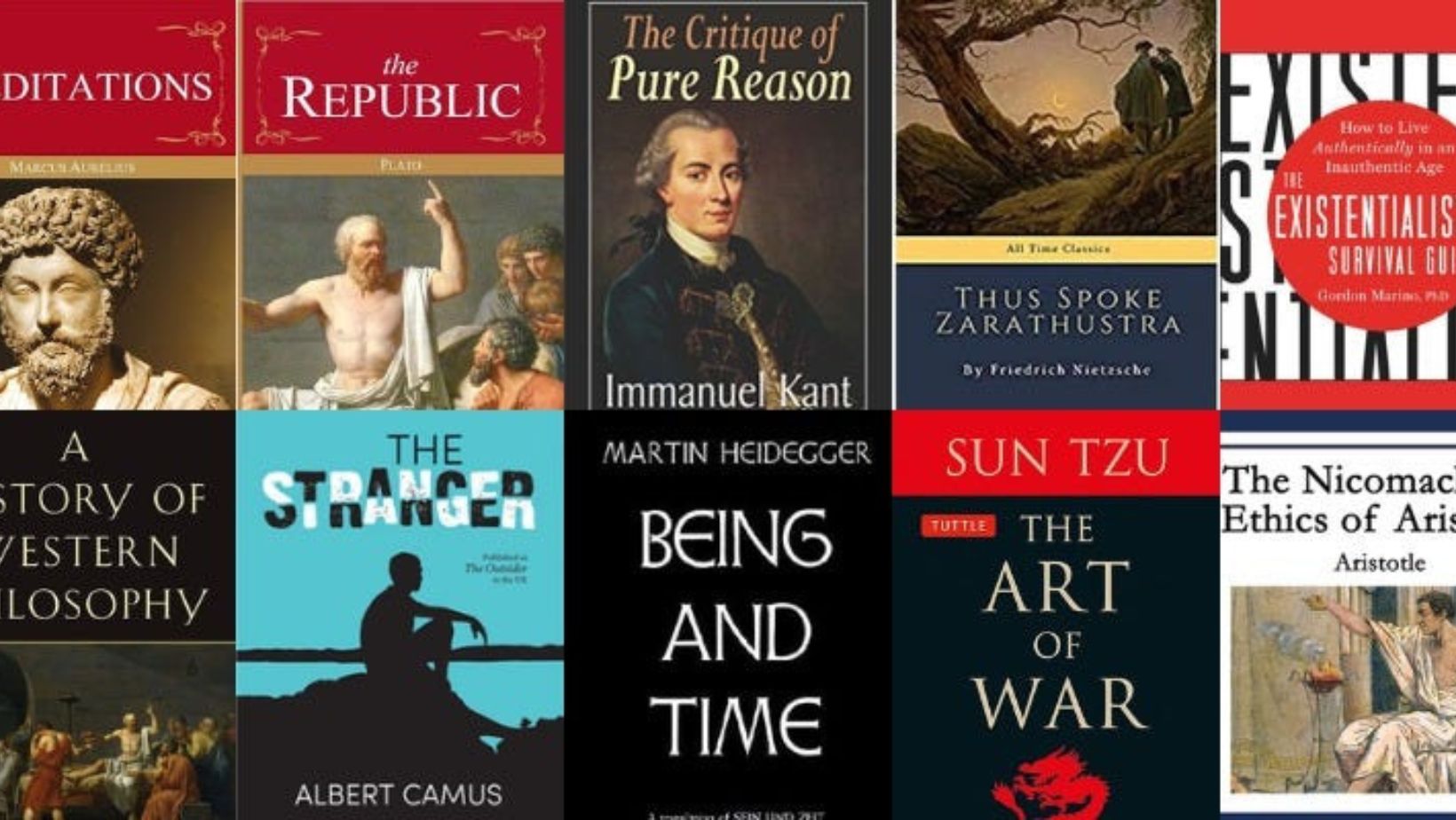
Philosophy of Language Books
Delving into the realm of philosophy of language books opens up a world of profound exploration into the intricacies of communication and meaning. These books serve as intellectual guides, unraveling the complexities of how language shapes our understanding of the world around us. From the classic works of Wittgenstein to modern interpretations of linguistic theories, each page offers a gateway to philosophical reflection.

Exploring the philosophy of language through written texts not only deepens one’s grasp of linguistic concepts but also challenges perceptions and ignites intellectual curiosity. Whether delving into semiotics, pragmatics, or the nature of language itself, these books provide a rich tapestry of ideas to ponder. Embarking on this journey through the written word promises a thought-provoking adventure into the essence of human expression and interpretation.
Why Philosophy of Language Matters
Philosophy of language is crucial as it delves into the fundamental principles underlying human communication and comprehension. Understanding the intricacies of language philosophy can significantly enhance one’s grasp of linguistic structures and the nuances of expression.

Exploring Basic Concepts
In philosophy of language books, readers delve into essential concepts like semantics, syntax, and pragmatics. These fundamental aspects form the building blocks of how language operates and shapes our perception of the world. By exploring these basic concepts, individuals can unravel the underlying mechanisms of communication and delve into the complexities of linguistic expression.
Impact on Human Understanding
Studying philosophy of language can profoundly impact human understanding by fostering critical thinking and analytical skills. These books challenge readers to question the nature of language, leading to a deeper appreciation of how words shape our reality. By immersing oneself in philosophical reflections on language, individuals can broaden their perspectives and cultivate a heightened awareness of the power of communication.
Top Philosophy of Language Books
When it comes to exploring the intricacies of human communication and delving into the essence of language, certain philosophy of language books stand out as essential reads. These books not only deepen one’s understanding of linguistic structures but also challenge perceptions, fostering critical thinking and analytical skills. By unraveling concepts like semantics, syntax, and pragmatics, readers can broaden their perspectives and appreciate the profound impact of communication on human understanding.
Classic Texts
- “Philosophical Investigations” by Ludwig Wittgenstein
- “Word and Object” by Willard Van Orman Quine
- “Naming and Necessity” by Saul Kripke
- “Language, Truth, and Logic” by A.J. Ayer
- “Philosophy of Language: A Contemporary Introduction” by William Lycan
- “The Language Instinct” by Steven Pinker
Analyzing Key Themes in Language Philosophy
In delving into philosophy of language books, one encounters intricate explorations of communication and meaning. Understanding fundamental aspects like semantics, syntax, and pragmatics plays a pivotal role in unraveling the complexities of language. These books not only deepen comprehension of linguistic structures but also challenge existing perceptions, nurturing critical thinking skills. Noteworthy works in this field include “Philosophical Investigations” by Ludwig Wittgenstein and “The Language Instinct” by Steven Pinker, which offer profound insights into human communication and the underlying essence of language, enriching perspectives on the profound impact of communication on human understanding.

Meaning and Context
Examining the theme of meaning and context in philosophy of language books is crucial for grasping how words or phrases convey significance. These works delve into the intricacies of semantics, exploring how language constructs meaning through various linguistic elements such as symbols, signs, and interpretation. By analyzing how context influences the interpretation of language, readers gain a deeper understanding of how communication shapes our perception of reality and the conveyed message’s intended meaning.
Pragmatics and Speech Acts
Delving into pragmatics and speech acts within philosophy of language books reveals profound insights into how language functions beyond its literal meaning. These texts illuminate how language is used in context, emphasizing the importance of intention, implication, and social context in communication. By exploring speech acts and pragmatic aspects of language, readers gain a more nuanced understanding of how language is not just a means of conveying information but a tool for social interaction, conveying implicit meanings and shaping interpersonal relationships.

Leave a Reply